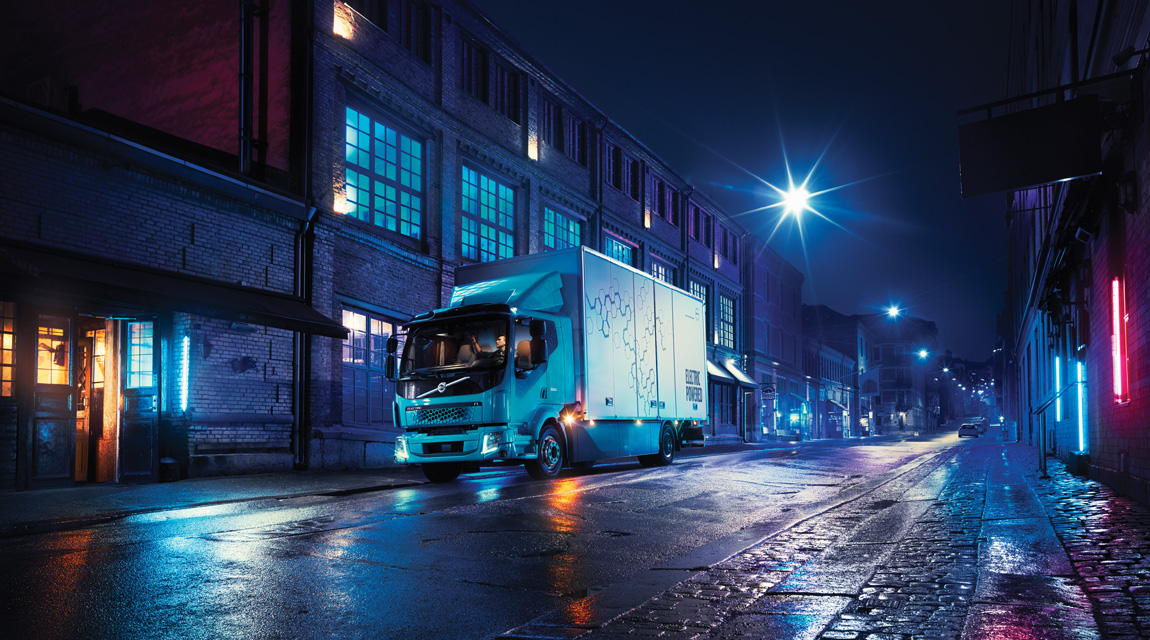Volvo debuts all-electric truck

Volvo Trucks has introduced its first all-electric truck for commercial use – the Volvo FL Electric for urban distribution and refuse operations, among other applications. Sales and series production of the new model will start in Europe next year.
“We’re immensely proud to present the first in a range of fully electrically powered Volvo trucks ready for regular traffic. With this model we are making it possible for cities that aim for sustainable urban development to benefit from the advantages of electrified trucks,” says Claes Nilsson, president of Volvo Trucks.
While this is Seriously Big News, Volvo isn’t new to the field of e-mobility. Sister company Volvo Buses has sold more than 4 000 electrified buses since 2010. Accordingly, the technology used for propulsion and energy storage in the Volvo FL Electric has been thoroughly tried and tested from the outset, and is supported by Volvo Trucks’ far-reaching network for sales, service and parts supply.
The Volvo FL Electric boasts a GVM of 16 t and the vehicle is powered by a 185 kW/425 Nm electric motor. Energy storage comes in the form of between two and six lithium-ion batteries, totalling 100 to 300 kWh, which can be fast charged in one to two hours (DC charging) or charged overnight (AC charging, which takes up to ten hours).
Long-distance buses go electric
FlixBus and its partner BE Green have inaugurated the first 100-percent electric, long-distance bus service in the world! It is running between Paris La Défense and Amiens in France.
“The route between Amiens and Paris La Défense will represent the most environmentally friendly mode of long-distance public transport in the world,” says André Schwämmlein, co-founder and CEO of FlixMobillity. “With this inaugural route we have opened a new chapter in mobility – one that demonstrates the ability for long-distance travel to also be eco-friendly and accessible to anyone.”
Tickets for the new E-Bus line start at only €4,99 (R73,87) and the trip takes two hours and 15 minutes. The E-Bus (of which there are two in the fleet) boasts 49 seats, free Wi-Fi, USB sockets at each row and overhead luggage compartments. Over 140 t of CO₂ will be saved per year – thanks to the rollout of the E-Bus project.
Additional lines will launch between Frankfurt and Mannheim, Germany, in mid-2018.
FlixBus is clearly an extremely innovative company; it recently became the first bus company in the world to integrate with Google Assistant, allowing passengers to book their tickets for the E-Bus – and all of the over
250 000 daily FlixBus connections – using voice control.
Published by
Charleen Clarke
focusmagsa




